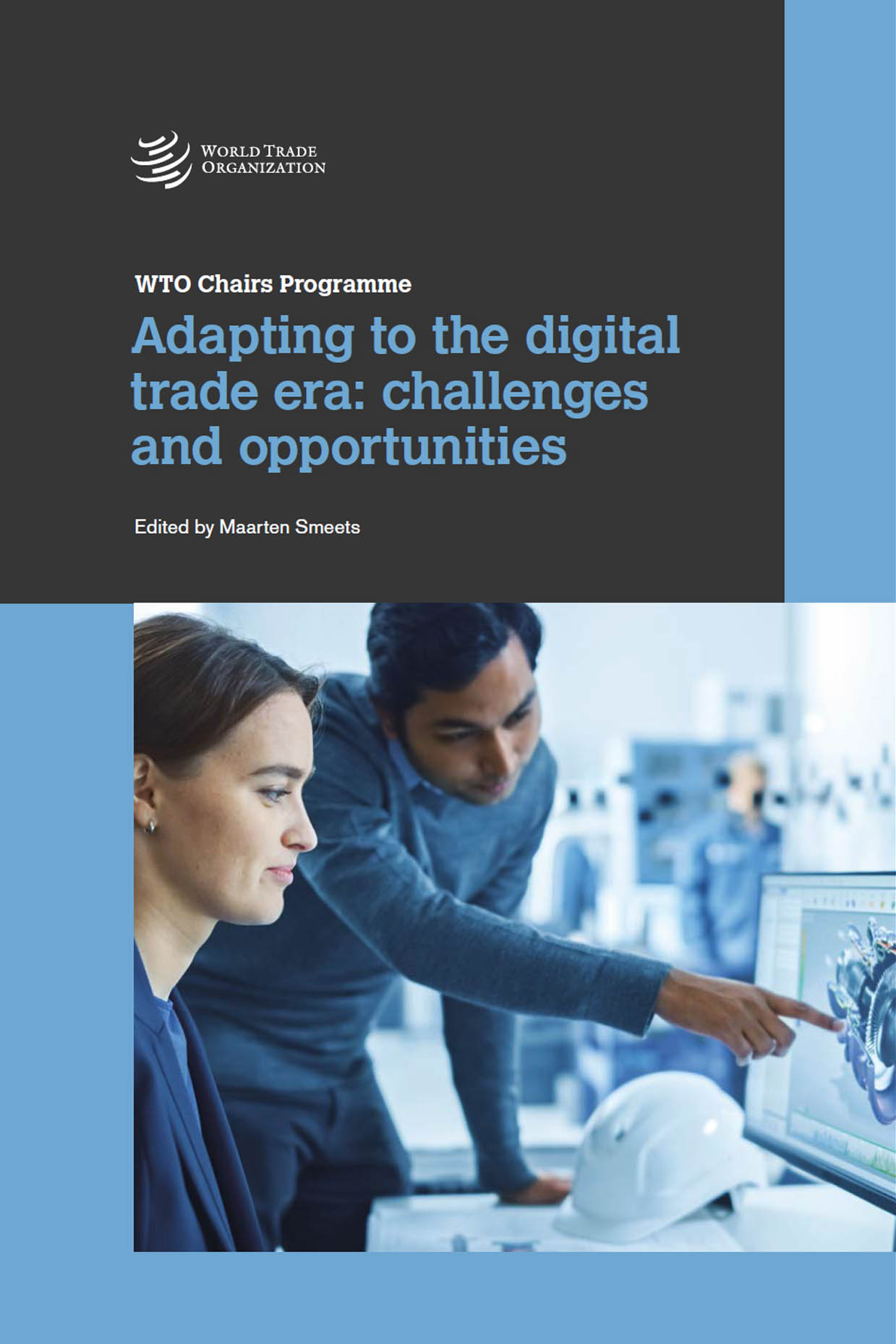The impact of digital technologies on developing countries’ trade

- By: World Trade Organization
- Source: Adapting to the Digital Trade Era , pp 36-51
- Publication Date: November 2020
- DOI: https://doi.org/10.30875/87781259-en
- Language: English French, Spanish
Using the World Trade Organization (WTO) Global Trade Model (GTM), a recursive, dynamic computable general equilibrium model, we examine the potential future impact of technological innovations, in the form of robotization and use of artificial intelligence (AI), servicification of the production process, and falling trade costs due to the rise of online markets and platforms on the trade of developing countries. The simulations show that technological change will boost trade growth, as a result of both falling trade costs and the more intensive use of information and communications technology (ICT) services. On average, between now and 2030 global trade growth would be 2 percentage points per annum higher as a result of digital technologies. Further, developing countries’ trade growth would be 2.5 percentage points per annum higher and the increase in their share of global trade will be more pronounced the faster they are able to catch up technologically. Another finding from the simulations is that services exports will become a bigger part of global trade, making up more than a quarter of total trade by 2030, and technological changes tend to increase the share of services imports in manufacturing gross output. Finally, these technological developments do not appear to portend a reshoring or localization of production, suggesting that future technological change can go in hand in hand with continuing globalization.
-
From This Site
/content/books/9789287043030s006-c001dcterms_subject,pub_countryId-contentType:WorkingPaperSeries -contentType:Periodical -contentType:BookSeries -contentType:ReportSeries105


